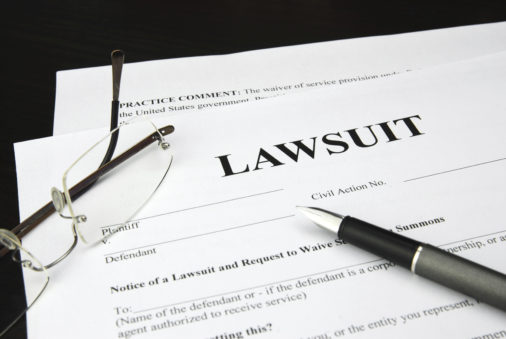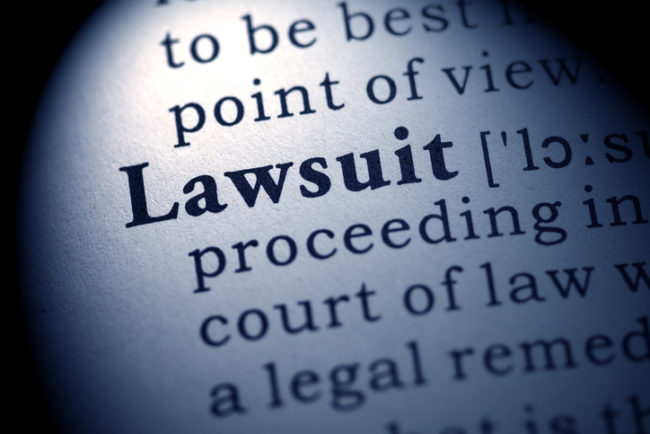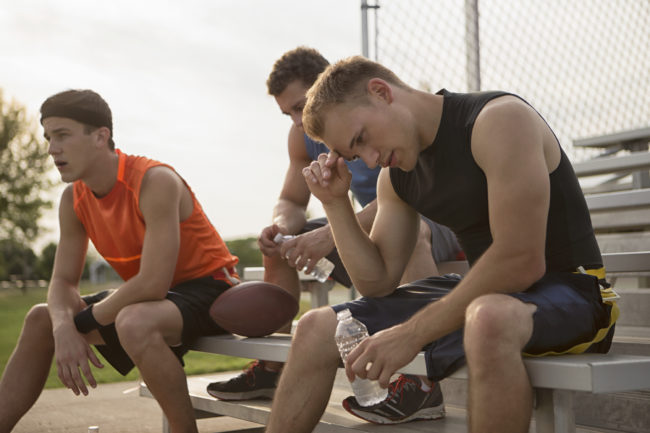Trey Johnson, a former defensive back for Villanova University, has sued the NCAA, arguing that the organization has violated federal labor law and that it must pay student-athletes a minimum wage.
In his lawsuit, Johnson argues that student-athletes clearly constitute employees under the Fair Labor Standards Act (FLSA). Specifically, he notes that college students in work-study programs are classified as employees, meaning that they are subject to minimum wage laws. Meanwhile, student-athletes, who work longer schedules and create the need for some of these work-study …
Continue Reading






